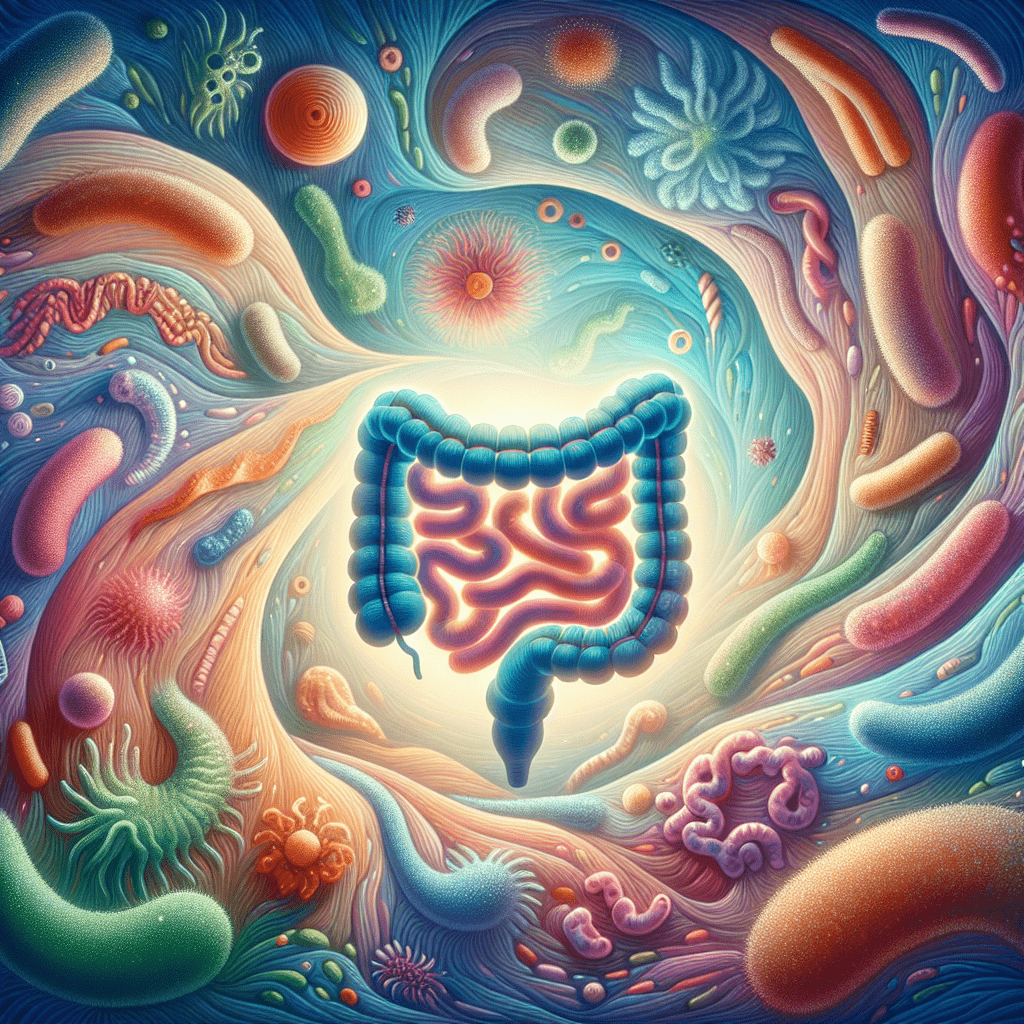
What Is Dysbiosis and Can a Gut Microbiome Test Detect It?
Discover what dysbiosis is, how it affects your gut health, and whether a gut microbiome test can detect imbalances. Learn... Read more
Uncover the main triggers of microbiome imbalance and practical fixes to rebalance your gut: science-backed tips, simple habits, and actionable steps. Microbiome imbalance causes can stem from several interconnected factors: a diet heavy in ultra-processed foods and low in fiber, recent or repeated antibiotic use, chronic stress and disrupted sleep, gastrointestinal infections, aging, alcohol overuse, and environmental toxins. When these triggers pile up, the gut microbial ecosystem can lose diversity, favor pro-inflammatory microbes, and impair barrier function. Understanding these microbiome imbalance causes helps you target changes that matter most for your gut health and overall wellbeing. To translate this understanding into real-world progress, you need a data-driven plan. That's where InnerBuddies' Gut Health Operating System shines. It’s a modular, white-label platform that powers gut microbiome testing products and consumer apps. Key features include the Gut Microbiome Health Index, a 0–100 score that reflects overall gut health based on an exclusive collaboration with EAFIT University in Colombia; Bacteria abundances for a top 40 panel showing how you compare with a healthy cohort; and Bacteria functions, categorized as positive or negative, with pathway-level comparisons. The system also offers Target Group analysis—deep dives tailored to Healthy Aging, Endurance or Power Sports, Skin & Hair Health, and more—so you can frame fixes around your audience. The personalized nutrition advice combines your 3-day food diaries with stool data to suggest diet tweaks, while personalized probiotics and prebiotics recommendations align strains with your goals. For consumers, InnerBuddies offers direct gut test solutions as well as a white-label platform for brands. If you’re curious to explore, see the InnerBuddies microbiome test and the Gut Health Membership for ongoing support, and discover business opportunities on the B2B partner page. Practical fixes and simple habits can rebalance your gut over weeks, not months. Start by boosting fiber with a diverse plant-led diet, including fruits, vegetables, legumes, whole grains, nuts, and seeds. Add fermented foods like yogurt, kefir, sauerkraut, or kimchi to introduce beneficial cultures, and vary prebiotic fibers from onions, garlic, leeks, and asparagus to feed good bacteria. Hydration and consistent meal patterns help stability, as does regular physical activity. Prioritize sleep and stress management—mindfulness, breathing, or gentle movement—since stress and poor sleep can drive dysbiosis. Where possible, minimize unnecessary antibiotics and limit ultra-processed foods and excess alcohol. If you want a guided plan, InnerBuddies can tailor recommendations to your gut signature with personalized nutrition and probiotic/prebiotic advice.

Discover what dysbiosis is, how it affects your gut health, and whether a gut microbiome test can detect imbalances. Learn... Read more